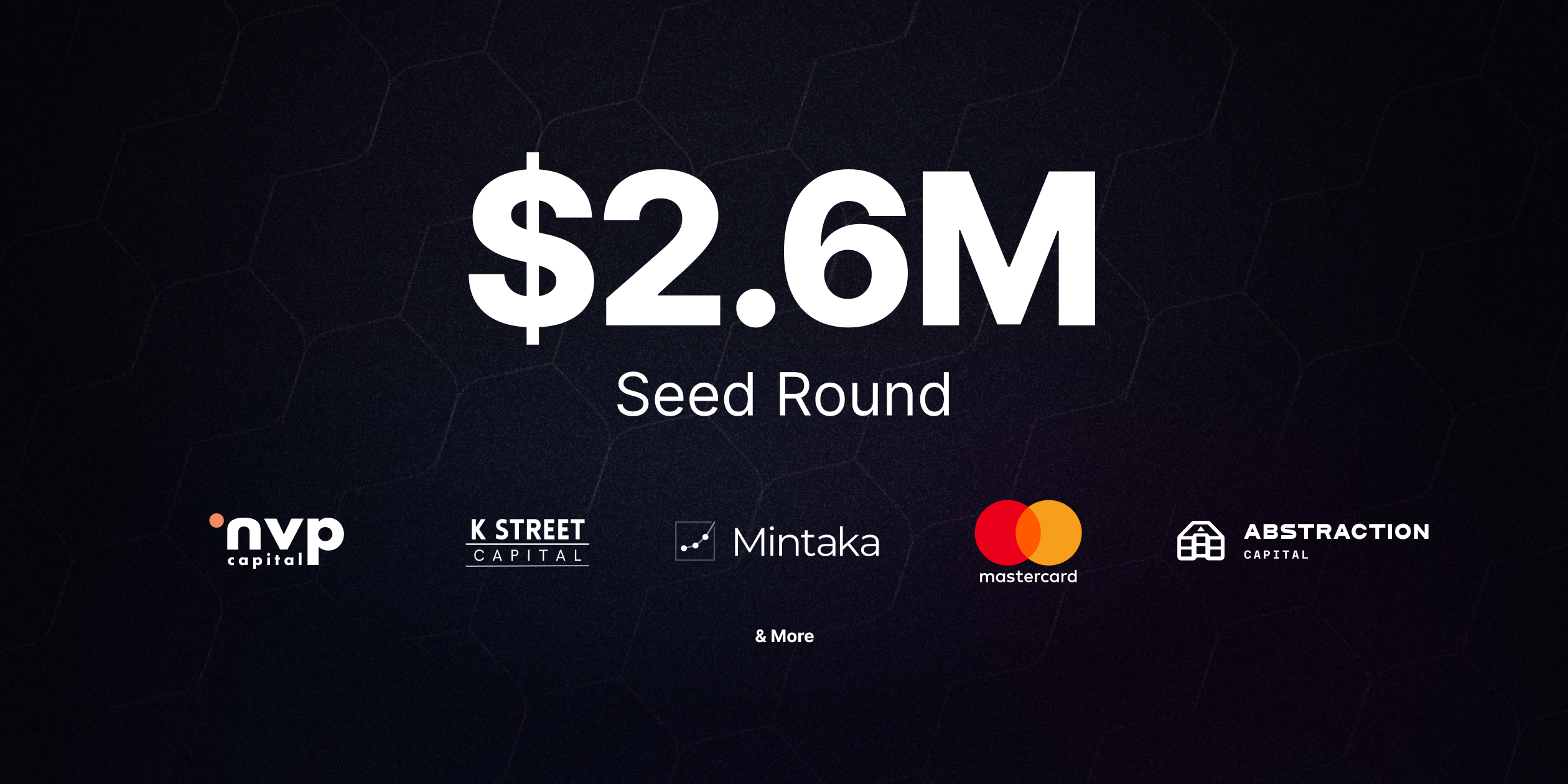
Top 5 Fintech Developments to Watch in 2024
Heading into 2024, the financial technology sector is experiencing an extraordinary transformation. This rapid evolution is shaped by ongoing innovations, regulatory developments, and shifts in consumer behavior. For those engaged in finance or technology, or at their intersection, it’s critical to stay informed about the emerging trends in this dynamic field. We will explore five key fintech trends for 2024, each of which is set to significantly alter our interactions with financial services.
Emerging Trends in Open Banking and API-driven Innovations
In 2024, open banking is expected to make significant strides. This concept, which involves the electronic and secure sharing of financial information with customer consent, is advancing rapidly. Driven by Application Programming Interfaces (APIs), open banking is more than a regulatory requirement; it's a springboard for innovation. It allows third-party developers to create new applications and services in collaboration with financial institutions, promoting a more inclusive and competitive environment.
The impact of open banking is profound. For consumers, it means more tailored financial services, improved control over financial data, and a comprehensive view of their finances. For banks and fintech startups, it presents a chance to work together and broaden their services beyond traditional banking. The key to success here lies in how effectively companies can use these APIs to develop solutions that meet consumer needs and expectations.
Advancements in Cybersecurity and Data Privacy
Cybersecurity and data privacy are foundational elements of trust in the financial sector, especially in an era where digital innovation is rampant. With the growth of fintech, the amount of sensitive financial data processed and stored is increasing dramatically, making the industry a target for cybercrime. In 2024, expect to see a stronger focus on advanced security measures, propelled by both technological progress and stricter regulations.
The fintech industry is likely to integrate more sophisticated security frameworks, using AI and machine learning for immediate threat detection and response. Moreover, stricter global compliance requirements will emphasize the importance of data privacy, pushing companies to prioritize the security of customer information. The challenge lies in maintaining security and privacy without diminishing the user experience.
Continued Transformation with Digital Currencies and Blockchain
The trajectory of digital currencies and blockchain technology is set to continue its remarkable course in 2024. With central banks globally exploring digital currencies (CBDCs), we may see more of these projects moving to pilot stages or even full implementation. This progression could revolutionize the way money is stored, transferred, and managed, posing both opportunities and challenges for the traditional financial system.
Blockchain, the foundational technology behind cryptocurrencies, is expected to see wider applications beyond just digital currencies. Its potential for creating transparent, efficient, and secure systems will likely be tapped for purposes such as streamlining cross-border payments and enhancing supply chain finance. As blockchain technology matures, more concrete use cases in the fintech sector should emerge, moving from theoretical possibilities to practical applications.
AI and Machine Learning in Personalized Financial Services
While AI and Machine Learning (ML) have been part of fintech for some time, their applications are becoming more sophisticated and widespread. In 2024, these technologies will be crucial in providing personalized financial services. From robo-advisors offering individualized investment advice to AI-driven personal finance tools, the focus will be on delivering customized solutions.
AI and ML's capacity to analyze extensive data sets will lead to more precise credit scoring, efficient fraud detection, and effective risk management. However, as these technologies become more entrenched in financial services, there will be a growing focus on ethical AI and addressing biases in algorithmic decision-making.
Expansion of Fintech Ecosystems and Collaborations
The year 2024 is poised to see the ongoing growth of fintech ecosystems, marked by collaborations among banks, fintech startups, technology providers, and even non-financial entities. This interconnected environment aims to provide comprehensive, seamless, and efficient financial services.
These collaborations can take various forms, such as traditional banks partnering with fintech startups to access new technologies, or technology giants entering the financial services space. Success in these ecosystems will hinge on the ability to leverage each other's strengths, encourage innovation, and generate value for end-users. As these ecosystems expand, they will further dissolve the boundaries between different sectors, leading to more integrated financial solutions.
Navigating the Future of Fintech
As we move through 2024, one thing is certain: the fintech landscape will keep evolving rapidly, offering both challenges and opportunities. The trends discussed here are indicators of a broader transformation in the financial services industry. For engineers, product managers, startup founders, and anyone involved in fintech, understanding these changes and their implications is crucial.




